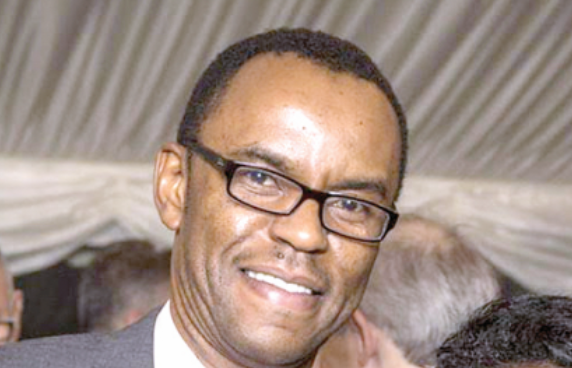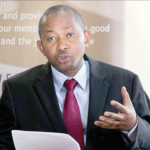Kenya is set to benefit from a regional programme funded by the World Bank with Sh15 billion ($120 million) to enhance its capacity for local vaccine manufacturing. This funding comes as the Kenya Biovax Institute (KBI) prepares to commence industrial processing of immunisation jabs.
The announcement was made during the launch of the Health Emergency Preparedness, Response, and Resilience Project (HEPRR) for Eastern and Southern Africa (AFE). This project aims to create a sustained, comprehensive, and transformative impact on health emergency preparedness, response, and resilience using the Multiphase Programmatic Approach (MPA). The funding will significantly boost Kenya’s capacity in these areas.
The HEPRR project is a seven-year phased programme targeting eight countries at a total cost of Sh130 billion (USD1 billion). According to KBI Chief Executive Officer, Dr. Michael Lusiola, Kenya is expected to benefit from this programme through the involvement of various agencies within the Ministry of Health.
Vaccine manufacturer
“The Kenya Biovax Institute, being the country’s vaccine manufacturer alongside the Pharmacy and Poisons Board; the National Quality Control Laboratory, and the National Public Health Institute,” he said.
According to Dr Lusiola, in the first two years, the project will support the government to meet the basics for vaccine manufacturing, whereas most of the requirements are at an advanced stage and may be achieved earlier.
“However, the project will aim to fill any remaining gaps and ensure that KBI meets all the World Health Organization (WHO) requirements before proceeding to establishing capacity for Fill & Finish of human vaccines,” he added.
According to Dr Lusiola, in the first two years, the project will support the government to meet the basics for vaccine manufacturing, whereas most of the requirements are at an advanced stage and may be achieved earlier.
“However, the project will aim to fill any remaining gaps and ensure that KBI meets all the World Health Organization (WHO) requirements before proceeding to establishing capacity for Fill & Finish of human vaccines,” he added.
In Kenya’s local vaccine manufacturing plan, the Kenya Biovax Institute (KBI) is expected to start with the Fill and Finish programme by early 2027, with full-scale manufacturing set to begin in 2029. Health Cabinet Secretary Susan Nakhumicha emphasized that infectious diseases continue to pose a significant health challenge across Africa, especially in the Eastern and Southern African regions.
This initiative, supported by the World Bank-funded Health Emergency Preparedness, Response, and Resilience Project (HEPRR) for Eastern and Southern Africa, aims to enhance the country’s capacity in vaccine production, addressing critical health needs in the region.



